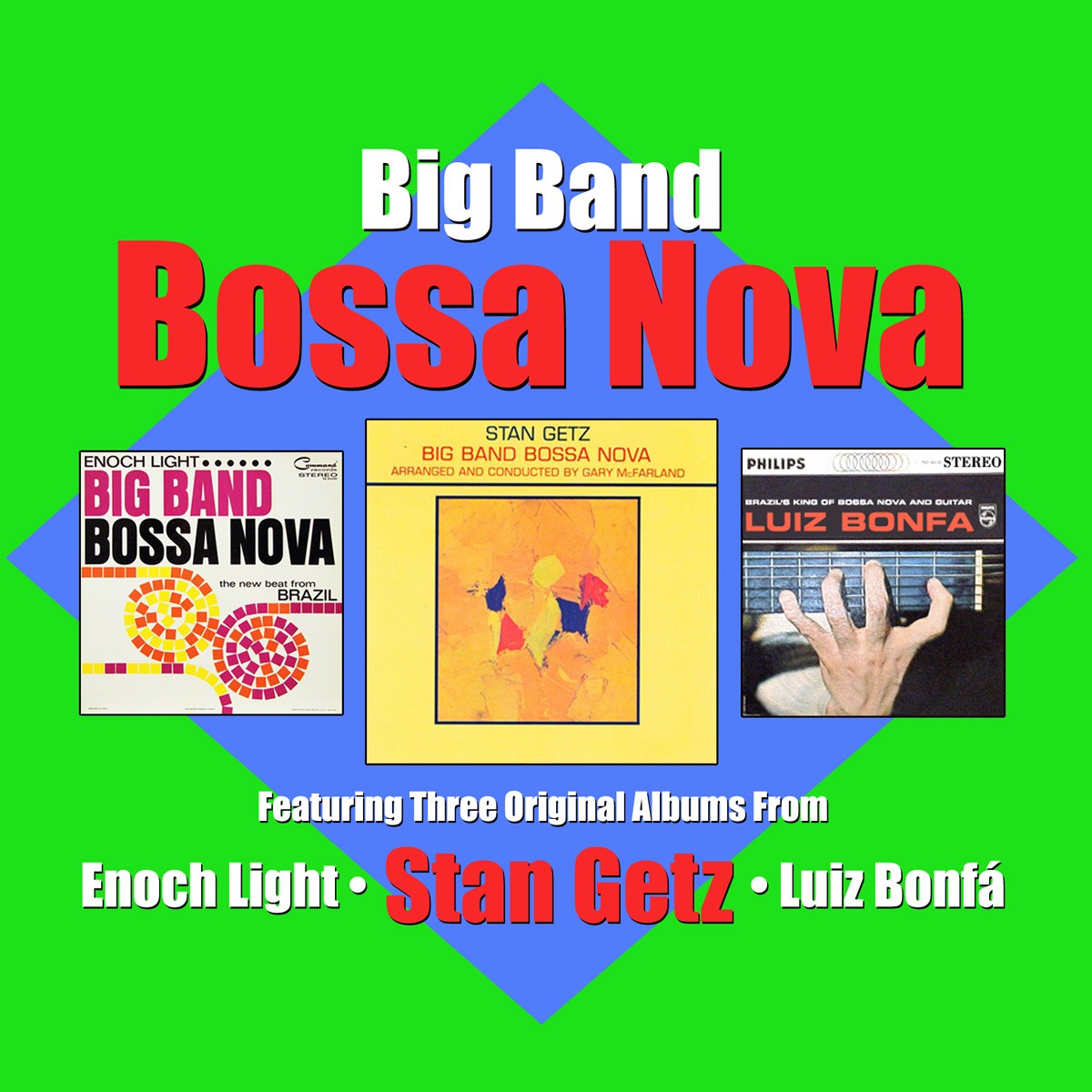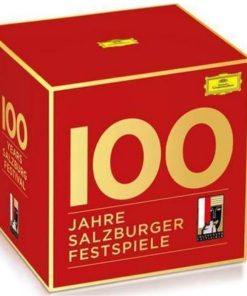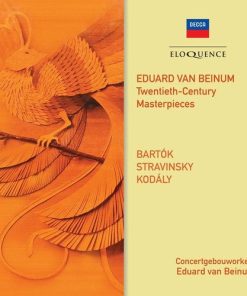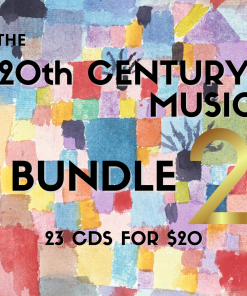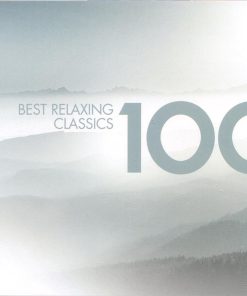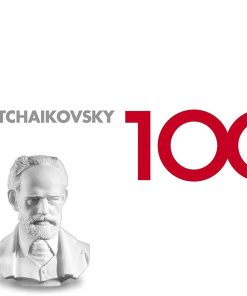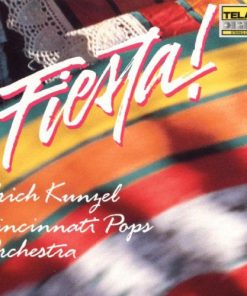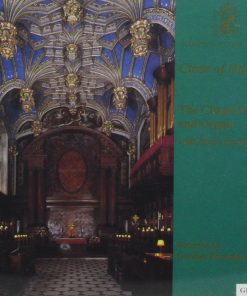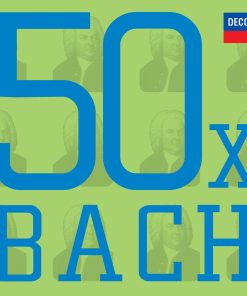BIG BAND BOSSA NOVA (3 CDs) NOT NOW MUSIC
$ 11,99 $ 7,19

When, at the turn of the millennium, the likes of Ricky Martin, Jennifer Lopez, Enrique Iglesias and Lou Bega all bid for worldwide chart domination, the Latin American music revolution appeared a new sensation. But, as this compilation proves most elegantly, the bossa nova, created in Rio, had swept across Brazil and then the world some four decades earlier.
A mix of sung samba – which itself evolved at black gatherings in Rio – and US West Coast jazz, the bossa nova (which literally means ‘new way’ or ‘new style’) is an understated, easy-listening form of music. It has a distinctive rhythm and is relatively simple in instrumentation, with less percussion than is common in Afro-American music. It supplanted the samba, the foremost style through the first half of the 20th century, in popularity in the late Fifties.
We feature here original albums by Stan Getz, Enoch Light and Luiz Bonfá. They are three distinctively different individuals, but each directs his talents towards a common goal. And the albums all come from bossa nova’s golden year of 1962.
Saxophonist Getz had learnt his trade during the Forties in the bands of such respected leaders as Jack Teagarden, Stan Kenton, Benny Goodman, Tommy Dorsey and Woody Herman. He was a collaborator of American jazz guitarist Charlie Byrd, who had heard the music of Antonio Carlos Jobim and others while touring in South America.
The chart-topping ‘Jazz Samba’ album he cut with Byrd, brought bossa nova into the spotlight, and contained ‘Desafinado’, which won a Grammy for Best Jazz Performance of 1963. This was followed by ‘Big Band Bossa Nova’, the record we feature. Also on the Verve label, it entered the Billboard Top 40 in the first week of 1963 and climbed to a more than respectable 13th place, remaining in the chart for 20 weeks. He was backed by the Gary McFarland Orchestra.
Getz racked up several more bossa-themed albums within a couple of years, sales of which him one of the most successful jazzmen ever to cross over and became a household name. A later collaboration with Joao Gilberto spawned ‘The Girl From Ipanema’, featuring the voice of Astrud Gilberto, which remains bossa’s greatest hit even today.
Interestingly, the title ‘Big Band Bossa Nova’ was shared by two more 1962 long-players, one by Quincy Jones and the other Enoch Light. If Getz and Jones approached boss nova from a jazz angle, Light arrived from a different direction. He was a classical violinist from Canton, Ohio, who dabbled in many different musical genres.
After a serious car accident and the advent of World War II combined to end his classical career, he formed the Light Brigade, a dance band he led throughout the northeastern United States until the end of the Forties. But it was his passionate interest in sound, and particularly the opportunities offered by the new medium of stereo, that would motivate him thereafter.
In 1959 he formed Command Records, a label whose recordings claimed to offer the highest in high fidelity. He tested studios in advance and arranged musicians carefully to obtain the desired audio effects, and the results not only showed off the possibilities of stereo but made ideal ‘demonstration’ records for those who purchased audio equipment. The formula proved right for the time, and Command’s first LP release, 1959’s ‘Persuasive Percussion’, was a US chart-topper, staying at the summit for 13 weeks.
Subtitled ‘The New Beat From Brazil’, Light’s ‘Big Band Bossa Nova’ was his 11th and last US Top 40 album, entering the chart in December 1962 and peaking at Number 8 during a 29-week run that lasted until the summer of 1963. Like all Command Records’ sleeves, it boasted striking abstract artwork.
Our third featured artist, Luiz Bonfá, was the only one born in Brazil – in Rio, to an Italian immigrant father. He was a singer-guitarist who, in 1959, was asked by director Marcel Camus to contribute songs to his film Orfeo Do Carnaval (Black Orpheus).
Bonfá’s contributions to the soundtrack brought him instant acclaim and he moved to the United States to record albums for the American market. His compositions appeared on Stan Getz’s ‘Jazz Samba Encore’ album, and he even penned a song, ‘Almost In Love’, for Elvis Presley’s 1968 film Live A Little, Love A Little. Before that, however, came ‘King Of Bossa Nova’, released in 1962 on Verve. Bonfá was a stunning performer on the acoustic guitar; he even used the body of the instrument as percussion, as on ‘Dor Que Faz Doer’.
As Allmusic website pits it, ‘“Plays And Sings Bossa Nova” can safely be certified a classic of the genre. Elegant, lyrical, rhythmic, and a showcase for Bonfá’s deft guitar technique and sweet, unassuming singing, “Plays And Sings” is an album that will sound good to almost anyone, at any time.’
So sit back, relax and let the feelgood sound of bossa nova brighten up your life.

CD 1
Stan Getz – Big Band Bossa Nova
1. Manha De Carnival
2. Balanco No Samba
3. Melancolico
4. Entre Amigos
5. Chega De Saudade
6. Noite Triste
7. Samba De Uma Nota
8. Bim Bom
CD 2
Enoch Light – Big Band Bossa Nova
1. Desafinado
2. One Note Samba
3. Perdido
4. E Luxo So
5. Galanura
6. Lullaby of Birdland
7. Rio Junction (Bossa Nova)
8. Sem Saudades De Voce
9. La Puerta Del Sol
10. Brazil
11. Besame Mucho
12. Take The “A” Train
CD 3
Luiz Bonfá – Le Roi Du Bossa Nova (The King Of Bossa Nova)
1. Bonfá Nova
2. Cantiga Da Vida
3. Amor Por Amor
4. Dor Que Faz Doer
5. Samba de Duas Notas
6. Teu Olhar Triste
7. Lila
8. Você Chegou
9. Santeleco
10. Balaio
11. Sorrindo
12. Bossa Em Ré
Fast Shipping and Professional Packing
Due to our longstanding partnership with UPS FedEx DHL and other leading international carriers, we are able to provide a range of shipping options. Our warehouse staff are highly trained to pack your goods exactly according to the specifications that we supply. Your goods will undergo a thorough examination and will be safely packaged prior to being sent out. Everyday we deliver hundreds of packages to our customers from all over the world. This is an indication of our dedication to being the largest online retailer worldwide. Warehouses and distribution centers can be located in Europe as well as the USA.
Orders with more than 1 item are assigned processing periods for each item.
Before shipment, all ordered products will be thoroughly inspected. Today, most orders will be shipped within 48 hours. The estimated delivery time is between 3-7 days.
Returns
The stock is constantly changing. It's not entirely managed by us since we are involved with multiple parties such as the factory and our storage. The actual stock can fluctuate at any time. Please understand it may happen that your order will be out of stock when the order is placed.
Our policy is valid for 30 days. If you haven't received your product within 30 days, we're not able to issue either a return or exchange.
You are able to return a product if it is unused and in the same condition when you received it. It must also still remain in the original packaging.
